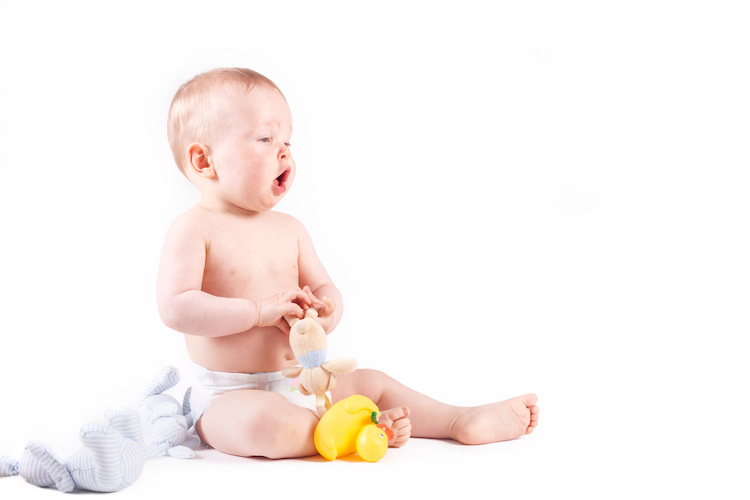Have you ever wondered why humans hiccup? New research conducted by the University College London found that hiccuping helps newborns regulate their breathing.
Researchers studied brain activity in newborns and found that they typically spend about 15 minutes a day hiccuping. They also found that fetuses start hiccuping at around nine weeks, making that one of the earliest things babies can do in the womb.
YOU MAY ALSO LIKE: A Recent Study Reveals Premature Babies Are Less Likely to Become Parents or Have Romantic Relationships
Why Do Humans Hiccup? Scientists Study Newborn Babies to Find Out
“The reasons for why we hiccup are not entirely clear, but there may be a developmental reason, given that fetuses and newborn babies hiccup so frequently,” Kimberley Whitehead, the study’s lead author, said in a press release.
YOU MAY ALSO LIKE: If You Have a Teen, Check Your Screen Time Rules Says Science
Researchers attached electrodes to the babies’ heads in order to gather the research. Whenever a baby hiccupped, there was a “pronounced response to the brain’s cortex – two large brainwaves followed by a third,” the study found.

“The activity resulting from a hiccup may be helping the baby’s brain to learn how to monitor the breathing muscles so that eventually breathing can be voluntarily controlled by moving the diaphragm up and down,” Lorenzo Fabrizi, one of the authors, said in a press release.
YOU MAY ALSO LIKE: Science Says: This Is Why the Parents of Middle-Schoolers Are the Most Likely to Be Depressed
The study couldn’t answer why adults continue to hiccup but surmised it’s most likely a leftover reflex from childhood.